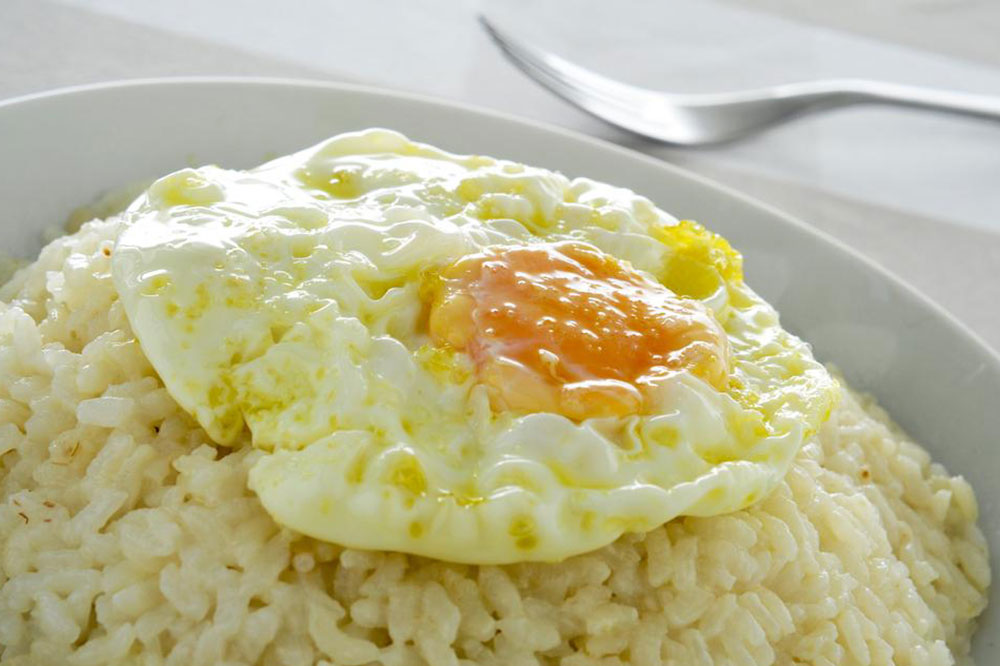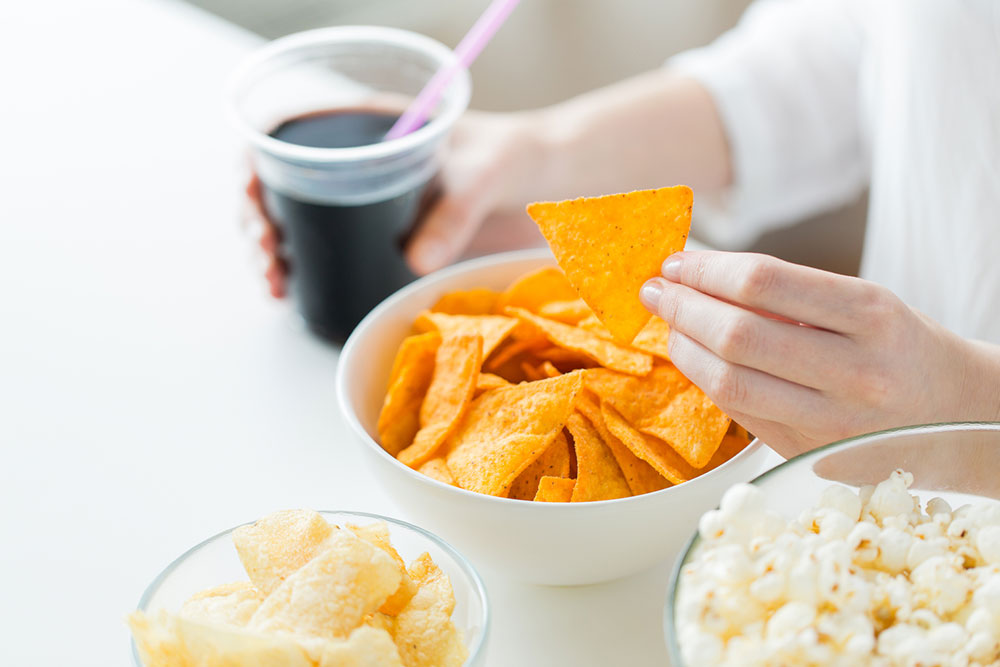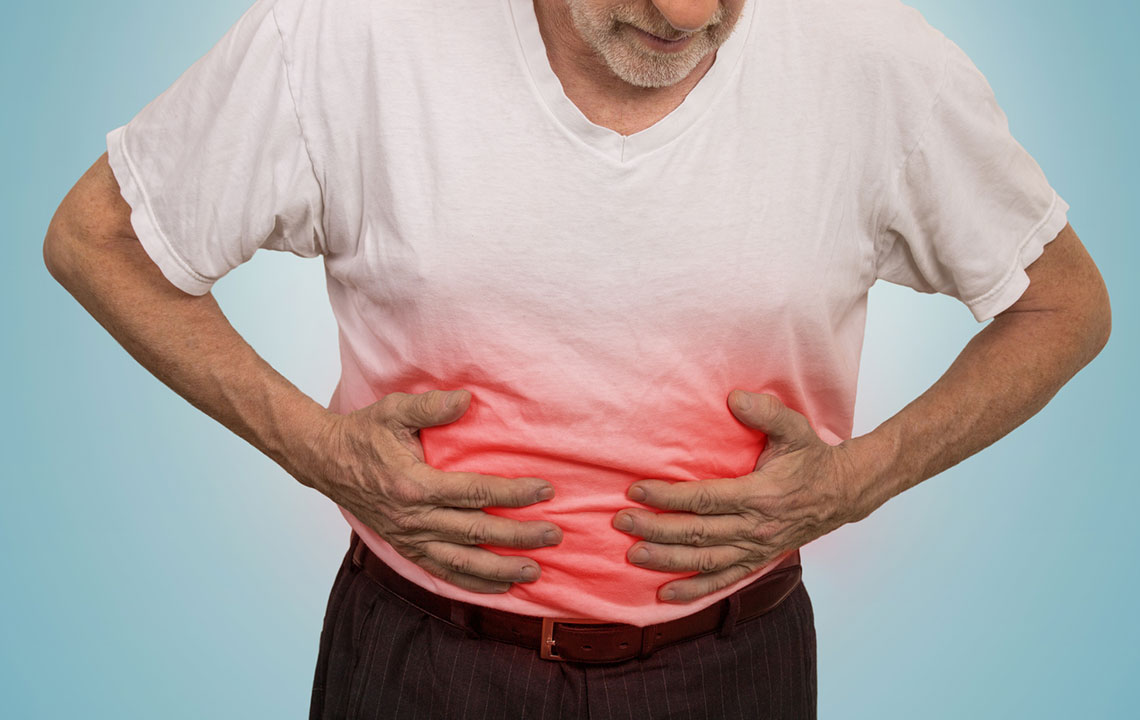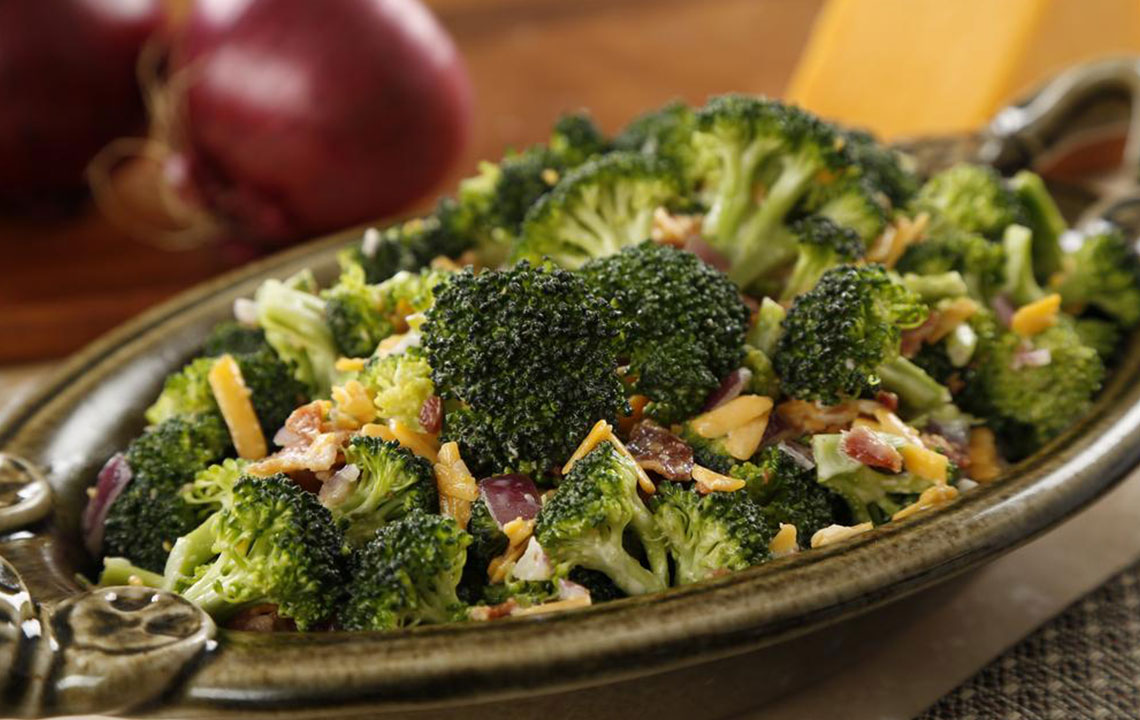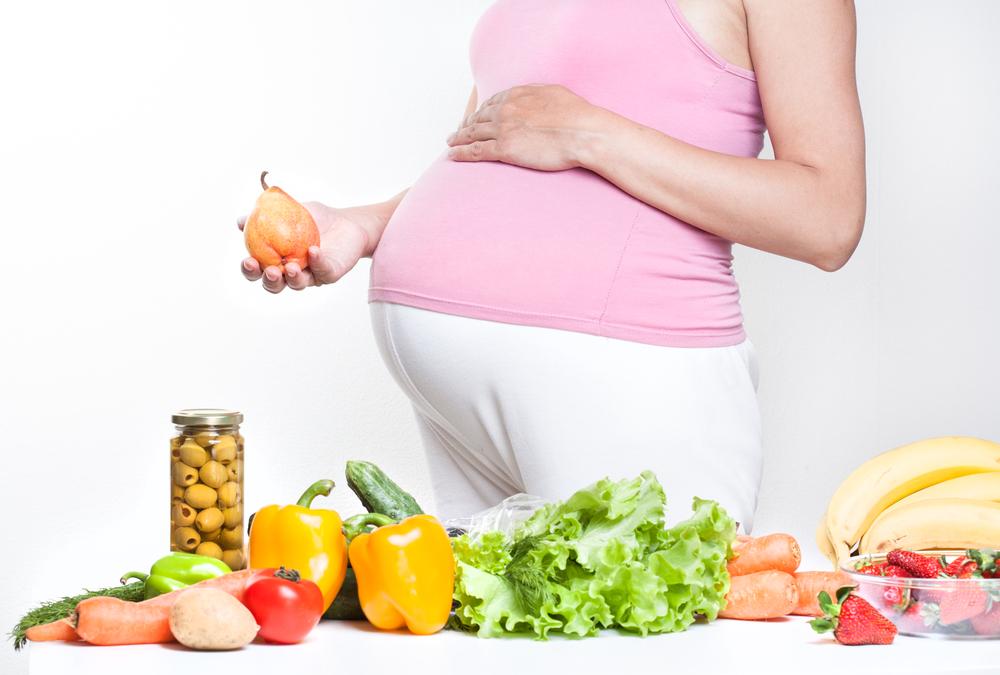Effective Dietary Strategies to Manage Diverticulosis: Foods to Limit and Avoid
Manage diverticulosis effectively by understanding which foods to limit and avoid. This comprehensive guide highlights dietary adjustments, including avoiding seeds, nuts, popcorn, tough-skinned fruits, fatty foods, and irritants like alcohol. Incorporate a fiber-rich diet and work with healthcare professionals to prevent flare-ups and complications, ensuring better digestive health and overall well-being.
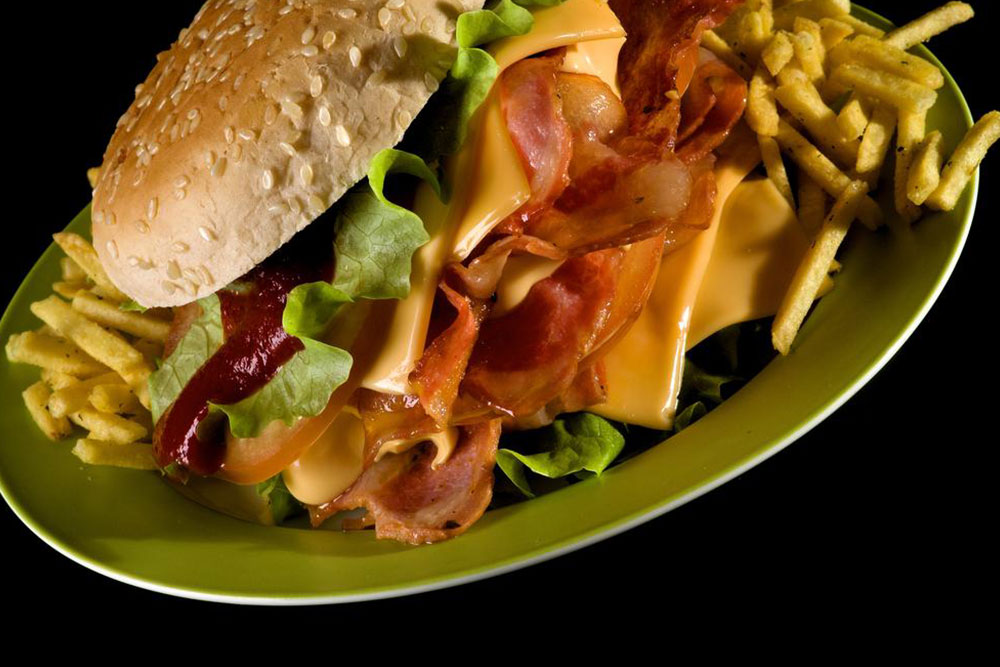
Effective Dietary Strategies to Manage Diverticulosis: Foods to Limit and Avoid
Diverticulosis is a common gastrointestinal condition that predominantly affects older adults. It involves the formation of small pouches, known as diverticula, in the walls of the colon. While many individuals with diverticulosis remain asymptomatic, the condition can lead to discomfort and serious complications such as diverticulitis if not managed properly. A key component of managing diverticulosis effectively is understanding the role of diet in preventing flare-ups and reducing inflammation.
One of the most critical aspects of dietary management for diverticulosis is the regulation of food intake to minimize stress on the colon. Certain foods have been identified as potential triggers for inflammation, irritation, or obstruction, which can exacerbate symptoms or lead to complications. Therefore, adjusting your diet to avoid these problematic foods is essential for maintaining colon health and preventing disease progression.
Foods to Avoid for Better Colonic Health
Hard-to-Digest Seeds and Nuts: Although some guidelines previously suggested that nuts and seeds might aggravate diverticulitis, recent studies show that these foods do not increase risk. However, individuals with sharp or existing symptoms may choose to limit or avoid foods like sunflower seeds, pumpkin seeds, and nuts during flare-ups to reduce GI irritation.
Corn and Popcorn: Corn kernels and popcorn are hard to digest and may irritate your colon lining or cause obstructions, particularly in those with existing diverticula. It is advisable to minimize or steer clear of popcorn and corn-based snack foods.
Foods with Tough or Edible Skins and Seeds: Fruits and vegetables with tough skins or seeds—such as tomatoes, strawberries, cucumbers, kiwi, and peppers—may be difficult to digest and could potentially block narrow areas of the colon. Peeling fruits and cooking vegetables can make them easier to tolerate.
Full-Fat Dairy and Fatty Processed Foods: High-fat dairy products, like whole milk, cream, and cheese rich in saturated fats, can be harder to digest and may contribute to digestive discomfort. Processed foods high in grease—such as fried snacks, fast foods, pizza, and cheesy dishes—also burden the digestive system.
Alcohol and Tobacco: Both substances can irritate the gastrointestinal lining, worsen inflammation, and impair the immune response. Limiting or avoiding alcohol and tobacco is strongly recommended for individuals managing diverticulosis.
Dietary Tips for Sole Management and Prevention
In addition to avoiding problematic foods, incorporating a high-fiber diet is generally beneficial for maintaining overall bowel health. Proper hydration, regular physical activity, and stress management can also help in reducing the risk of flare-ups. Consulting a healthcare professional or a registered dietitian for personalized recommendations is crucial, especially if you experience symptoms or have had previous complications.
Ultimately, understanding individual triggers and making dietary adjustments can significantly improve quality of life for those with diverticulosis. Staying informed and proactive about your diet is the cornerstone of effective management and prevention of serious complications.
